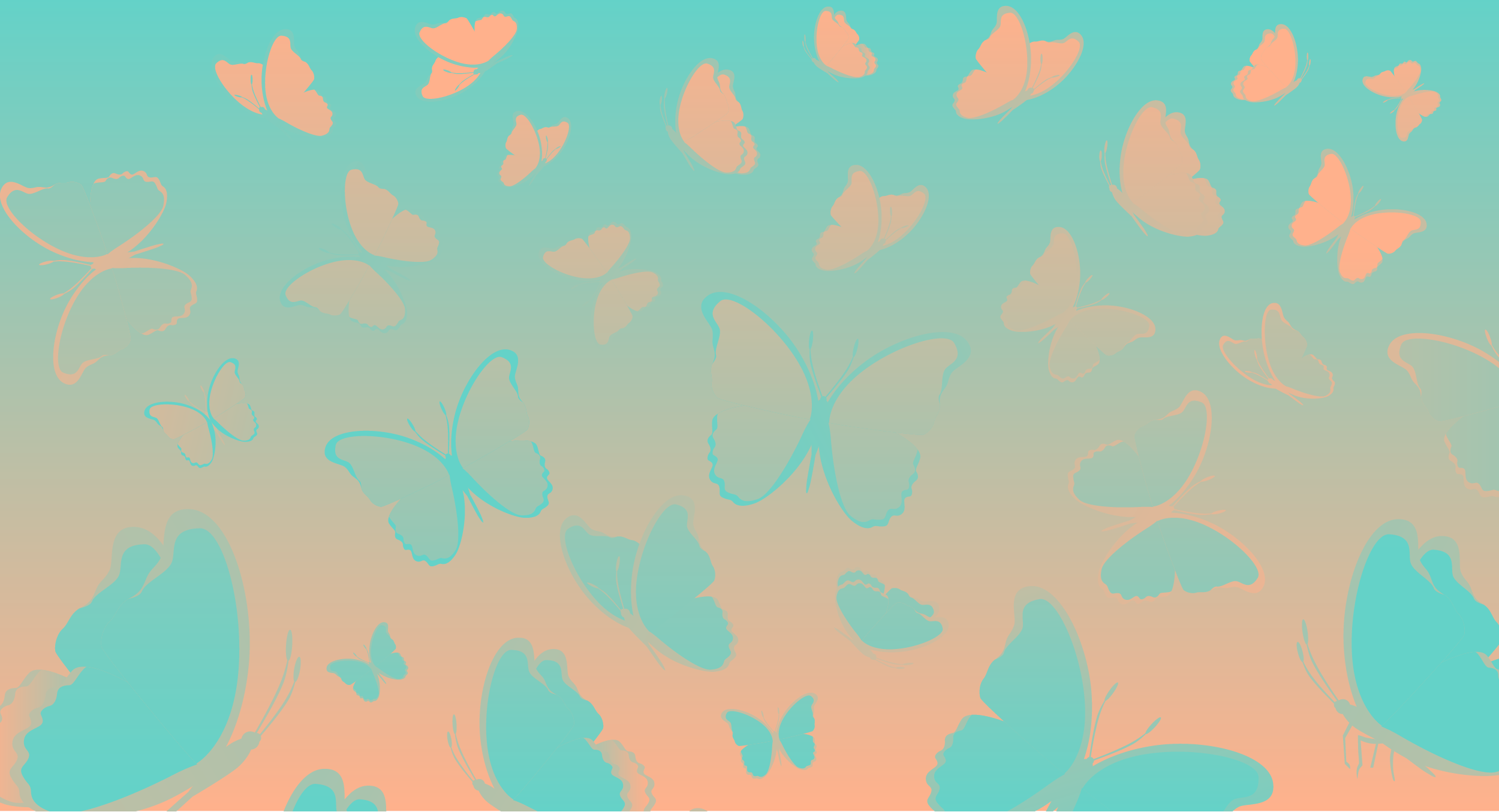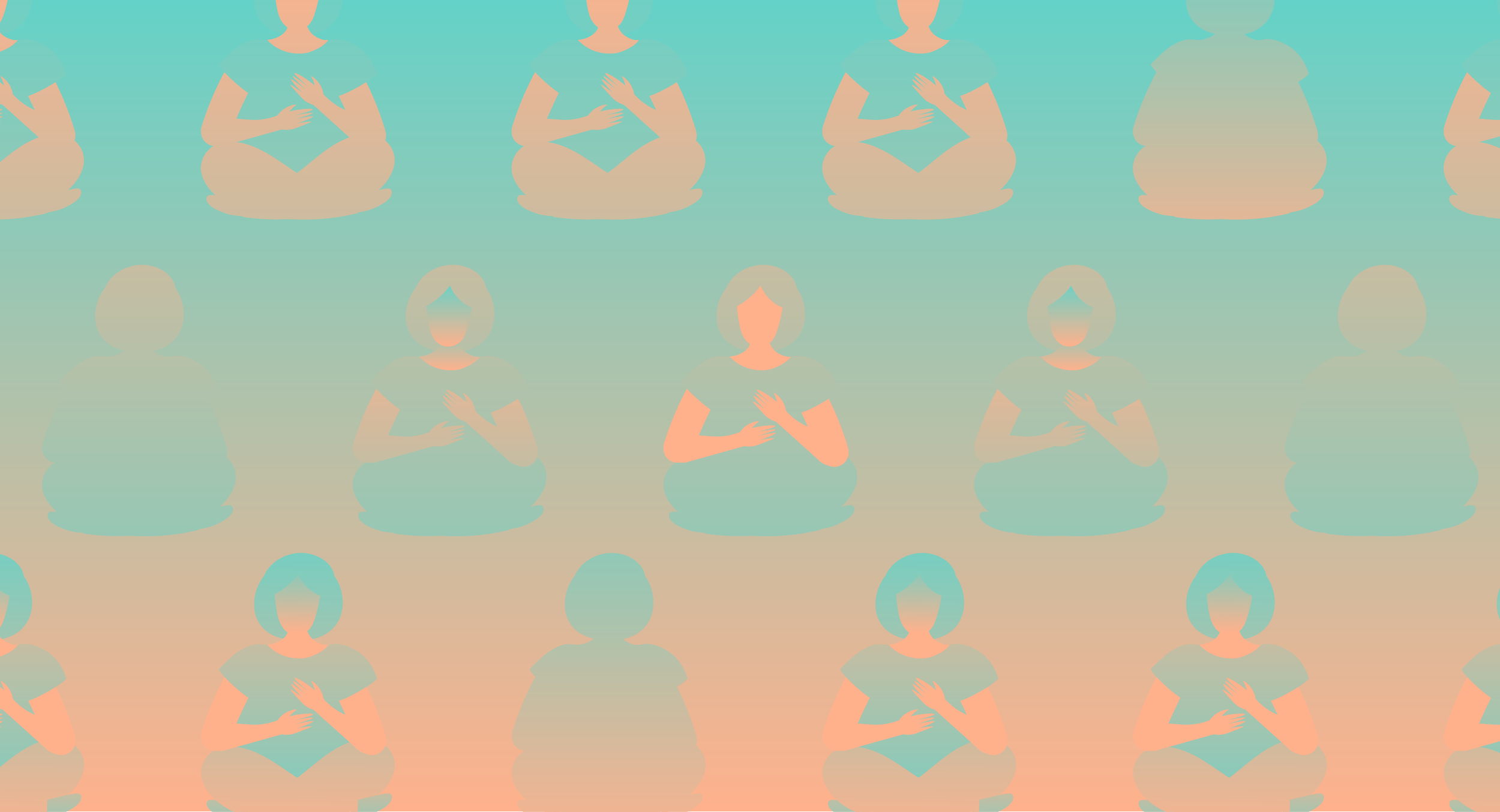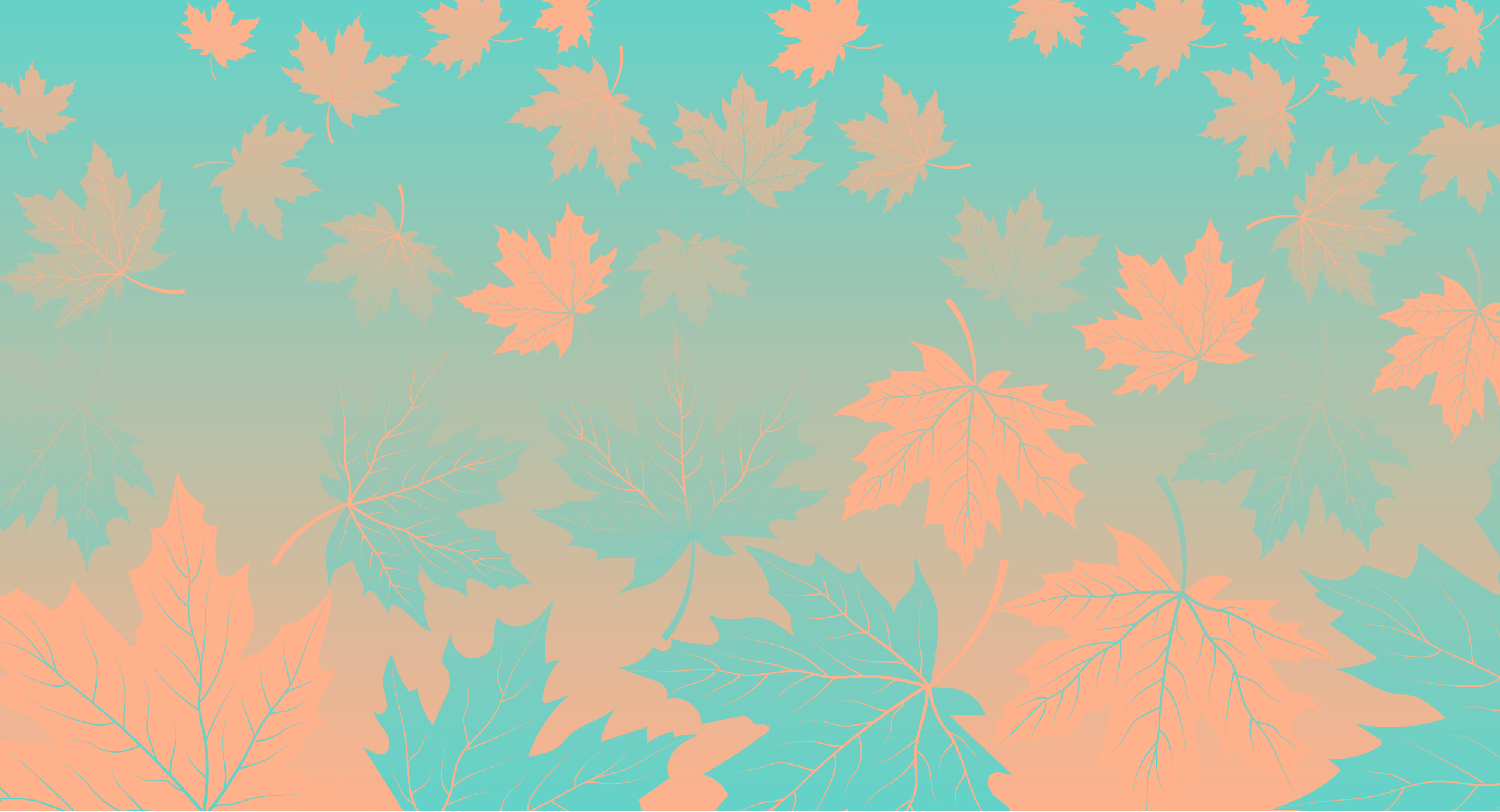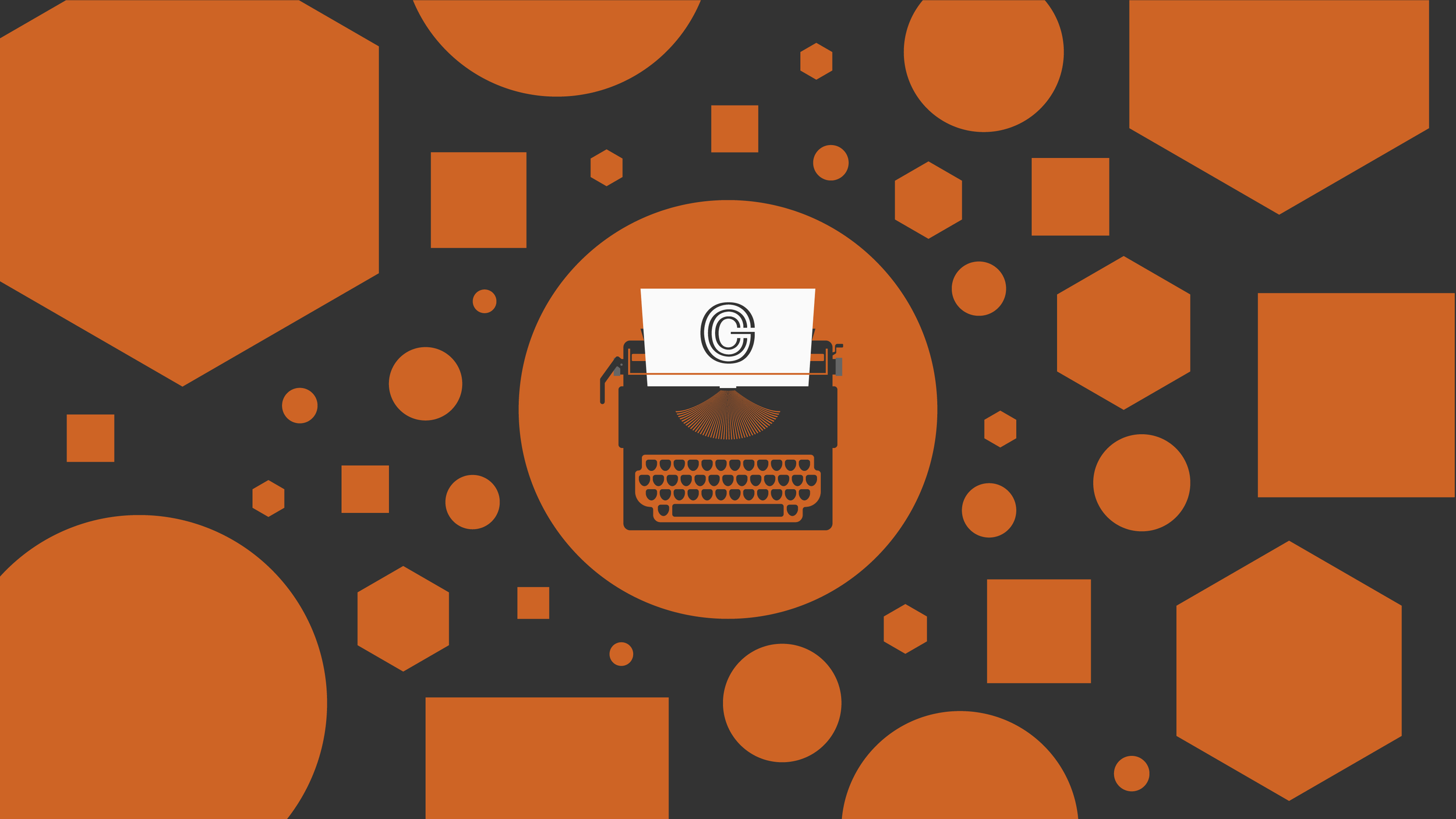Dive into a collection of articles that amplify neurodivergent voices, support a more thorough understanding of neurodiversity, and challenge common misconceptions.
Month
- November 2025
- October 2025
- September 2025
- August 2025
- July 2025
- June 2025
- May 2025
- April 2025
- March 2025
- February 2025
- January 2025
- December 2024
- November 2024
- October 2024
- September 2024
- August 2024
- July 2024
- June 2024
- May 2024
- April 2024
- March 2024
- February 2024
- January 2024
- December 2023
- November 2023
- October 2023
- September 2023
- August 2023
- July 2023
- June 2023
- May 2023
- April 2023
- March 2023
- February 2023
- January 2023
- December 2022
Author
- Abs S. Ashley
- Adam Fare
- Aimee Fletcher
- Aisling Sheehy
- Andreia Costa
- Ann Memmott
- Antonia Aluko
- Beverley Samways
- Brendan Maguire
- Callum Stephen Howes
- Cassandra Lovelock
- Cassandra Lovelock and El Dewar
- Charli Clement
- Chloe Webster-Harris
- Claire
- Cos Michael
- Darren O'Reilly
- Dr Catherine Crompton
- Dr Virginia Carter Leno
- El Dewar
- Elise Guthrie Stirling
- Emily Lees
- Emily Katy
- Emily Wooden
- Emma Nielson
- Grace Lee
- Guest Contributor
- Harriet Axbey
- Hat Porter
- Helen Edgar
- Iqra Babar
- Jill Corbyn
- Kai Schweizer
- Katie Munday and Naomi Lawson Jacobs
- Katrine Callander
- Kay Louise Aldred
- Krysia Waldock
- Kyra Thompson
- Lizzie Smith
- Lou Chandler
- Lucy Gilbert
- Meena Kumari
- Molly Anderton
- Molly Siobhan Parker
- Nick Ransom
- Reesha Zahir
- Remie Colledge
- Rhiannon Williams
- Rod Landman
- Rose Matthews
- Sarah Douglas
- Sarah Boon
- Sascha Bellamy
- Sophie Broadgate
- Stop Oxevision
- Thomas Barnett
- Tina
- Trauma Geek
- Warda Farah

Why PBS is harmful for Autistic and Neurodivergent young people (Part 2)
We’re joined by guest contributor, Helen Edgar for Part 2 of her ‘AGAINST PBS & ABA’ campaign blog. Helen continues to explore the harmful impact PBS can have on Neurodivergent young people and suggests alternatives that centre autonomy and consent.

Why PBS is harmful for Autistic and Neurodivergent young people (Part 1)
Today we’re joined by guest contributor, Helen Edgar, Founder of Autistic Realms, a platform for neurodiversity-affirming education, training, and community resources. In Part 1 of this blog for our ‘AGAINST PBS & ABA’ campaign, Helen explores the harmful impact PBS can have on Neurodivergent young people.

Four approaches for coping with seasonal change
Kay Aldred (NdC Development Lead) shares her recommendations for coping with seasonal change, grouped into four key approaches: making physical adjustments, supporting mental and emotional wellbeing, supporting energy levels and reducing executive functioning burden.

Neurodivergence, Trauma and Recovery (Part 3/3) — Connecting Back to Community
In this three-part series, NdC Development Lead Kay Aldred examines the complex entanglement of Neurodivergence and trauma, and the implications this has for the concept of “recovery”. In this third and final part, Kay explores how connecting to community can play a part in recovery from trauma.

Neurodivergence, Trauma and Recovery (Part 2/3) — Connecting Back to Embodiment
In this three-part series of blogs, NdC Development Lead Kay Aldred examines the complex entanglement of Neurodivergence and trauma, and the implications this has for the concept of “recovery”. In this second part, Kay explores how connecting to the body can illuminate an understanding of trauma and recovery.

Neurodivergence, Trauma and Recovery (Part 1/3) — Connecting Back to Nature and Cyclical Living
In this three-part series of blogs, NdC Development Lead Kay Aldred examines the complex entanglement of Neurodivergence and trauma, and the implications this has for the concept of “recovery”. In this first part, Kay explores how natural rhythms, such as the seasons, can illuminate an understanding of trauma and recovery.

From Powerlessness to Empowerment — Part 3/3: The Found Adult and the Recovering Child
This is the third and final installment of a trio of blogs from Sarah Douglas. These articles form an intimate and thoughtful autobiographical account that traces what Sarah calls ‘a Neurodivergent meandering of trauma and hope’.

From Powerlessness to Empowerment — Part 2/3: The Inherently Vulnerable Autist Trope
This is the second installment of a trio of blogs from Sarah Douglas. These articles form an intimate and thoughtful autobiographical account that traces what Sarah calls ‘a Neurodivergent meandering of trauma and hope’.

From Powerlessness to Empowerment — Part 1/3: The Lost Child
This is the first installment of a trio of blogs from Sarah Douglas, an intimate and thoughtful autobiographical account that traces what Sarah calls ‘a Neurodivergent meandering of trauma and hope’.

Navigating Trauma and Self-Discovery as an Autistic Researcher
I am a late-diagnosed autistic woman, researcher and mother of two neurodivergent young people. At 42, I came to understand my autistic traits while researching my children's neurodiversity. Recognising myself in narratives of other autistic people marked a profound shift. I revisited memories, finding relief and anger at the lack of understanding around my differences.
- ABA
- abuse
- accessible
- ADHD
- adults
- advocacy
- affirming
- aging
- assessment
- autism
- autistic parents
- black autistic
- building design
- burnout
- childhood
- children
- co production
- coercive control
- communication
- community
- culture
- depression
- Designing Homes for Sensory Differences Summit 2024
- diagnosis
- disability
- dyslexia
- eating disorders
- education
- empathy
- employment
- environment
- ethics
- executive functioning
- family
- friendships
- GCC Summit 2023
- gender
- grooming
- guidance
- health
- healthcare
- holiday
- housing
- human rights
- identity
- inclusion
- inpatient
- intersectionality
- joy
- language
- late diagnosed
- learning disability
- LGBTQIA+
- lived experience
- masking
- medicalisation
- meltdown
- mental health
- monotropism
- mothers
- nervous system
- newly diagnosed
- NHS
- OCD
- online
- pain
- parents
- PBS
- peer support
- play
- psychiatric care
- quality of life
- race
- racism
- reasonable adjustments
- relationships
- research
- resources
- routine
- school
- self diagnosis
- self regulation
- sensory environment
- sensory overwhelm
- sensory processing
- services
- sexism
- special interests
- spirituality
- stimming
- stress
- suicide
- support
- therapy
- training
- trauma
- trauma-informed
- women
- workplace
- young people
Got something to say?
We commission blogs from neurodivergent writers. We are particularly keen to hear from people of colour, older people, and non-speaking members of our community. Help us in our mission to amplify the views and voices that are most often left unseen and unheard.


